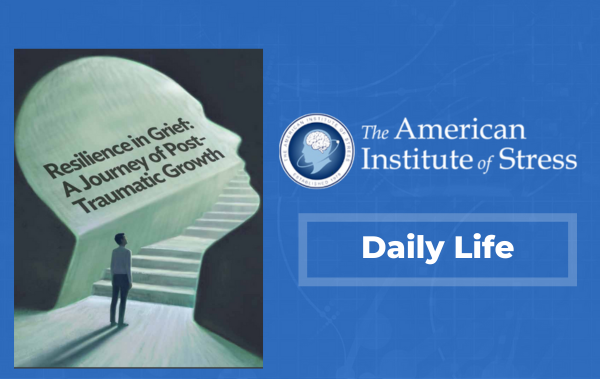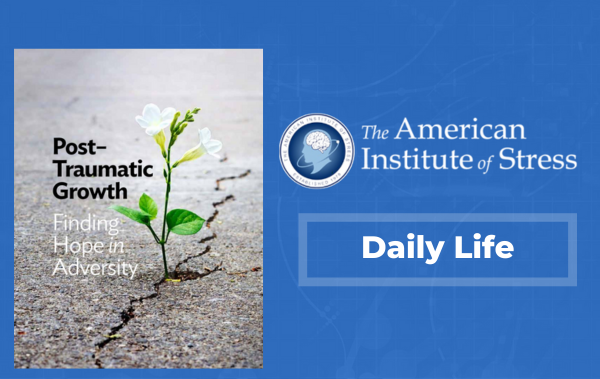Boston — Workers who took on extra job duties or became caregivers during the COVID-19 pandemic experienced higher levels of stress and anxiety, negatively impacting their well-being and motivation, results of a recent study show.
Researchers from online stress management platform provider meQuilibrium surveyed about 7,000 workers in June 2020 before conducting a follow-up with 7,500 workers six months later – about nine months into the pandemic – to examine employee well-being as well as the mental health impacts of additional workloads and new caregiving responsibilities. A quarter of the respondents reported they had taken on new job responsibilities amid the pandemic, while 20% said they had picked up caregiving duties (e.g., taking care of children and managing virtual schooling).
The former group – essentially made up equally of men (23%) and women (25%) – reported a 4.1 times greater increase in work-related stress and a 2.3 times greater increase in burnout than the participants who didn’t take on larger workloads. Additionally, the group reported a 4.5 times greater decrease in motivation compared with that reported by their counterparts.
Meanwhile, the group that took on new caregiving responsibilities – which disproportionately affected women (24%) more than men (17%) – reported a six times greater increase in health worries, a 16% increase in burnout, two times the level of work-related stress and nearly a twofold decrease in motivation than those who didn’t. Thirty-seven percent of men caregivers and 47% of women caregivers said they had trouble finding time for self-care.
Other findings:
- During the follow-up, respondents reported a 52% rise in burnout, a 20% increase in disrupted sleep and a 15% higher level of work-related stress. Meanwhile, positivity fell 36% while and motivation dipped 30%.
- Respondents with low energy showed an 82% increase in physical symptoms of stress, a 92% decrease in motivation and a 61% increase in job worries.
- Those who weren’t engaged had a 112% increase in burnout symptoms.
The results also show that respondents who improved their resilience skills – emotional control, energy and engagement – had small decreases or showed improvements in well-being during the second half of the study period.





